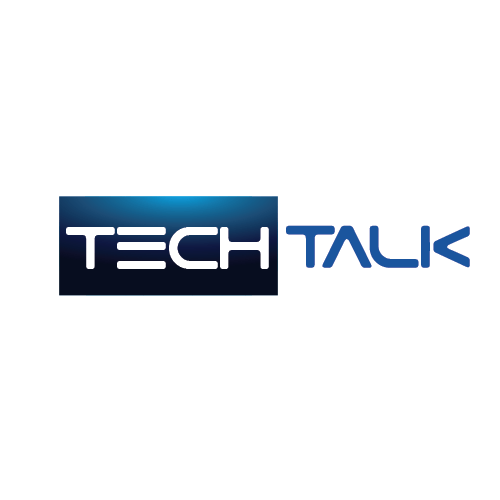
Tech company The Trade Desk has initiated an advertising campaign aimed at galvanizing advertisers to enhance the internet.
The Trade Desk’s campaign, titled ‘Unbreak the Internet,’ exposes the business practices of walled gardens such as Google, while advocating for a more transparent and open approach to advertising on the public internet.
This campaign specifically targets Google, shedding light on its tactics and behaviors within the advertising ecosystem, which are perceived as detrimental to the internet. It serves as a rallying cry for advertisers, publishers, and all those involved in the advertising ecosystem to join forces and play their part in improving the internet. The ultimate objective of this campaign is to foster a fair and competitive ecosystem that benefits advertisers, publishers, and consumers alike.
The campaign was executed programmatically through The Trade Desk platform. It encompassed a series of concise video ads disseminated across connected TV and online video advertising. Additionally, it incorporated audio, digital out-of-home, display, and paid social executions in Australia, Singapore, the United States, and Canada.
Mitch Waters, the Senior Vice President of Client Services, APAC at The Trade Desk, expressed, Advertising transcends being merely a commercial interruption; it is the lifeblood of the internet’s funding. It enables publishers to generate revenue for the creators of the content we cherish, be it high-quality journalism, music streaming, podcasts, television, films, radio, or mobile applications.
Waters emphasized that these businesses heavily rely on advertising to offer their content to consumers free of charge. He explained that if brands continue allocating the majority of their advertising budgets to walled gardens like Google, they inadvertently diminish the financial resources necessary for producing high-quality content on the internet.
Google capitalizes on both the buying and selling aspects of advertising transactions. It benefits Google when more ad dollars are directed towards its own ad inventory, such as YouTube, rather than opting for the ads that would be most beneficial to advertisers. Consequently, this creates an inherent dearth of objectivity and transparency, both of which are crucial for effective data-driven advertising.
According to a statement by The Trade Desk, Kantar’s report indicates that ‘walled gardens’ dominate approximately 80% of the ad spend in the Asia Pacific region.
The ‘Unbreak the Internet’ campaign posits that advertising on the open internet, encompassing rapidly expanding ad channels like over-the-top (OTT), music applications, news websites, blogs, and gaming platforms, presents a solution to Google’s prevailing dominance.
Waters clarified that brands often make the assumption that consumers primarily spend their online time on social media, but that is no longer accurate. He stated, A majority (59%) of consumers’ online time in APAC is now dedicated to the open internet.
He continued by saying, This is excellent news for publishers and advertisers. For publishers, the more time users spend on their websites compared to social media, the greater advertising revenue they can attract. And for advertisers, the open internet offers a more effective means of delivering relevant ads through data-driven advertising, while providing transparent access to omnichannel campaign performance.
This level of transparency and openness empowers advertisers to make well-informed decisions to drive high-performing campaigns. It’s a win-win situation for all, Waters concluded.
MARKETING-INTERACTIVE has sought additional information and will update accordingly.
In recent developments, Google Search ads has unveiled plans to leverage generative AI in curating ads that align more closely with a user’s queries as the ad industry rapidly evolves.
During its Google Marketing Live event this week, Google disclosed its intention to implement generative AI technology to enhance and adapt search ads based on the contextual information gathered from user queries. This advancement builds upon Google’s existing search ad engine, which already demonstrated its capabilities last year with the introduction of automatically generated assets for search





